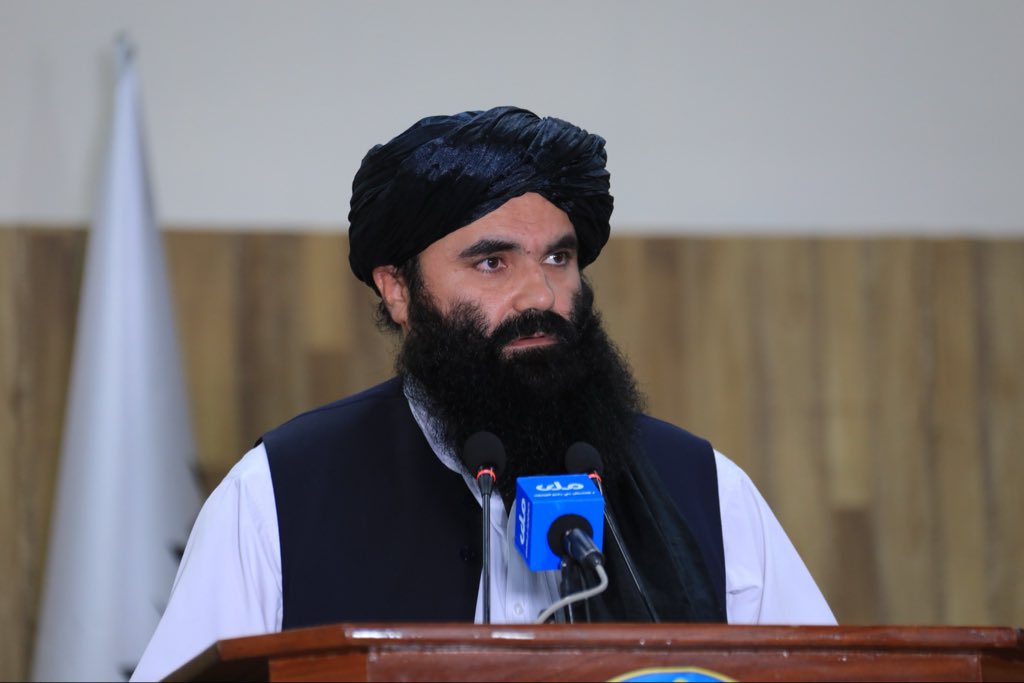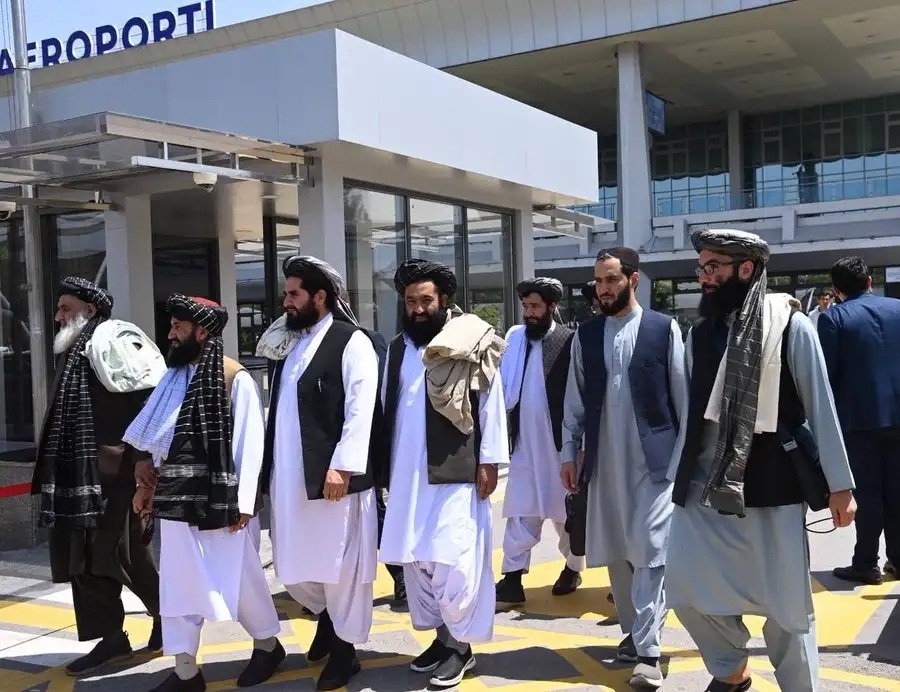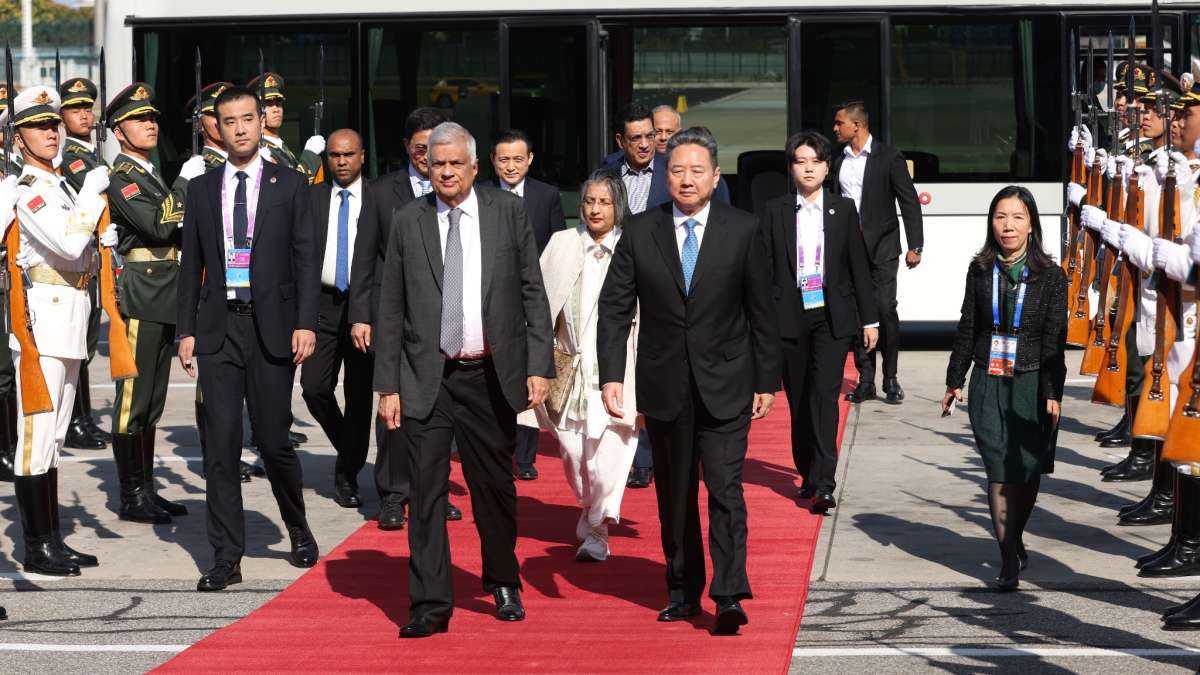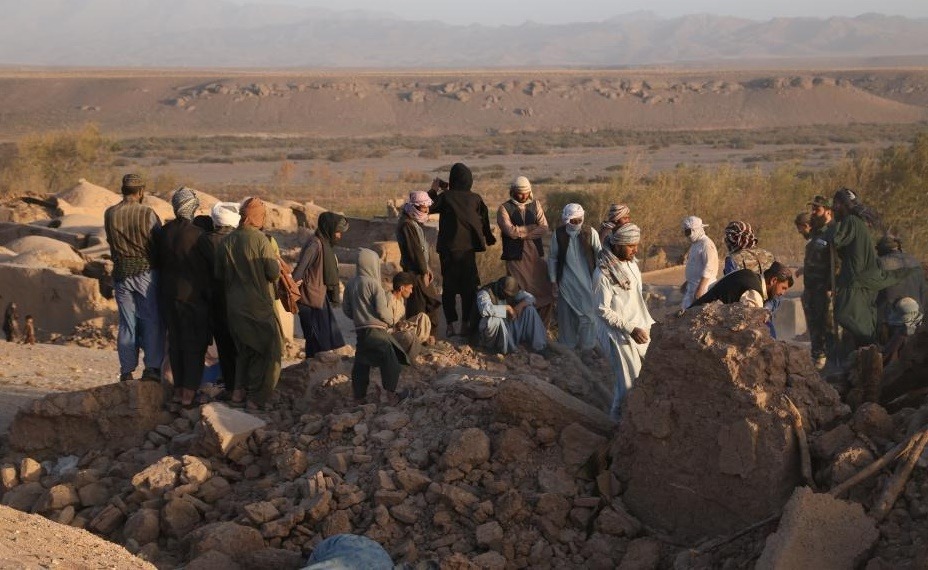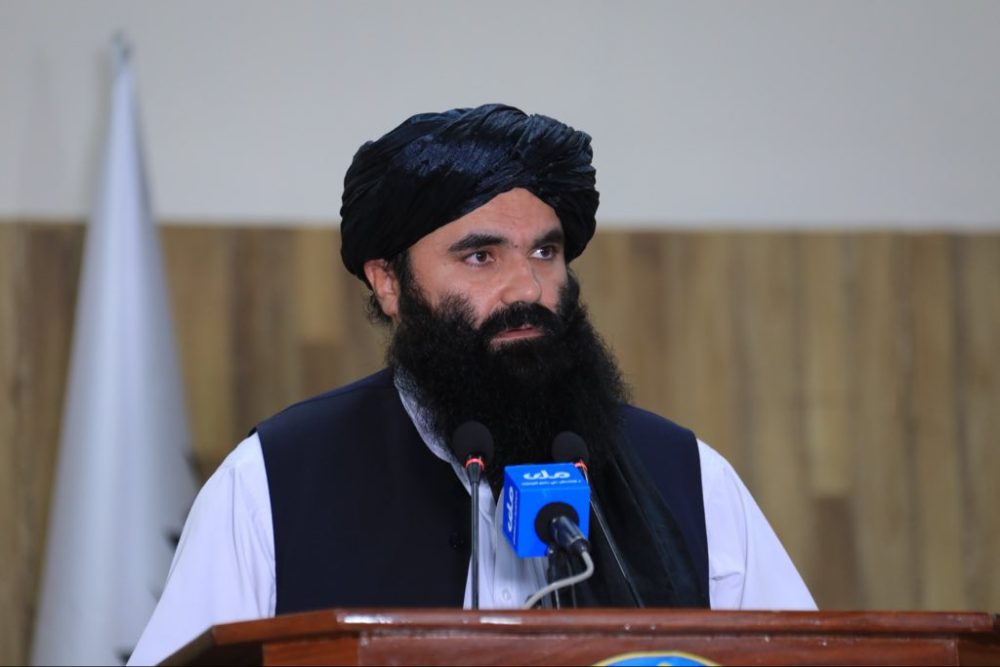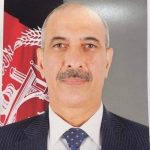Economic problems, including the cost of rent and supporting families, have added to the challenges faced by teachers in Afghanistan….reports Asian Lite News
People in Afghanistan with disabilities have complained about lack of education, unemployment, and healthcare issues under the Taliban regime, according to Khaama Press.
They have complained of limited opportunities and stated that before the Taliban, they worked in various sectors.
But over the past two years, Afghanistan has been going through a crisis that is hurting all facets of society, especially weaker ones. The Taliban government has been in power for two years, and the blind are now protesting about the lack of employment possibilities, the barriers to education, and the reinforcement of cultural stereotypes.
For three years, 25-year-old Nargis Kazemi and her blind husband have resided in a leased home in a particular area of Kabul. In the past, she has worked as a weaver while also attending classes, earning money for the family by selling her creations. But as she says, “Conditions have changed, and it has become tough for everyone,” reported Khamma Press.
Nargis overcame family opposition and the Taliban’s restriction on girls’ education before earning degrees in law and criminology from Kabul University.
She further emphasised that there are few career options for blind individuals in the nation, according to Khaama Press.
More than four million people in Afghanistan have impairments, and many of them, including the blind, experience various sorts of discrimination, according to the United Nations Human Rights Watch.
Economic problems, including the cost of rent and supporting families, have added to the challenges faced by teachers in Afghanistan.
To address the problems faced by the blind, the UN declared October 15 as “International White Cane Safety Day” in 1969. Since then, this day has been observed annually to promote understanding of and support for those who are visually impaired.
Afghanistan also observes this day with special rituals for those who have impairments. (ANI)



